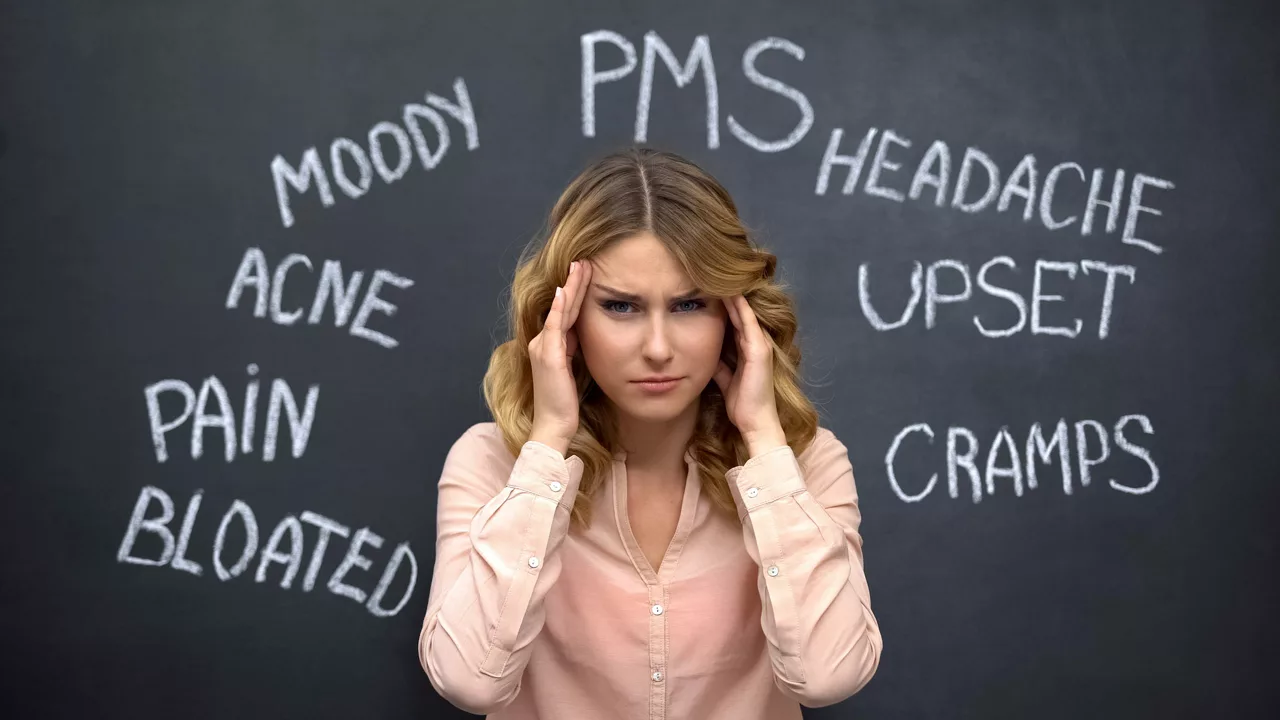
Hormonal Imbalances and Headaches: What Women Need to Know
Understanding Hormonal Imbalances
As a woman, it's important that we first understand what hormonal imbalances actually are. Simply put, they occur when there is too much or too little of a hormone in our bloodstream. Even minor hormonal imbalances can cause significant impacts on our bodies. Hormones play an integral role in our overall health, influencing our appetite, heart rate, sleep patterns, and of course, our reproductive cycles and sexual function. Hormonal imbalances are not rare and many women experience them at different stages of their life. They can occur due to various reasons including medical conditions, stress, poor diet and lack of exercise.
The Connection between Hormonal Imbalances and Headaches
Now, how do hormonal imbalances relate to headaches? Our headaches are not always the result of stress or tension. Sometimes, they can be due to hormonal fluctuations in our body, particularly around our menstrual cycle. For example, many women experience headaches or migraines just before, during, or after their period. This is because estrogen, a hormone that regulates the menstrual cycle, can cause headaches when its levels drop. Similarly, other hormonal imbalances related to menopause or pregnancy can also trigger headaches.
Symptoms of Hormonal Imbalances
Identifying hormonal imbalances can be tricky as they can manifest in many ways. Apart from headaches, other symptoms can include irregular periods, excessive or scanty bleeding, hot flashes, fatigue, difficulty in sleeping, changes in appetite or weight, reduced sex drive, depression, anxiety, and irritability. It's important to note that experiencing one or more of these symptoms does not necessarily mean that you have a hormonal imbalance. However, persistent symptoms should not be ignored and it's best to seek medical advice to rule out any underlying issues.
Diagnosing and Treating Hormonal Imbalances
So, how are hormonal imbalances diagnosed and treated? If you suspect a hormonal imbalance, your doctor will likely start with a physical examination followed by detailed medical history. Blood tests can be used to check your hormone levels. Depending on your symptoms and test results, you may be referred to an endocrinologist, a doctor who specializes in hormonal disorders. Treatment for hormonal imbalances can vary depending on the cause. It can range from lifestyle changes like diet and exercise, to hormone replacement therapy or medication to regulate hormone levels.
Preventing Headaches Caused by Hormonal Imbalances
Are there ways to prevent headaches caused by hormonal imbalances? Absolutely. Maintaining a healthy lifestyle is key. Regular exercise, a balanced diet, adequate sleep, and stress management can all help regulate your hormones and reduce the occurrence of headaches. It's also helpful to track your menstrual cycle and note when headaches occur. This can help you and your doctor identify patterns and triggers. Additionally, some medications and supplements can help prevent hormonal headaches. However, these should only be taken under the supervision of a healthcare provider.
In summary, hormonal imbalances can have a significant impact on your health and well-being, including causing headaches. Recognizing the symptoms and seeking appropriate treatment is crucial. Remember, you know your body best, and if something doesn't feel right, it's always a good idea to speak with a healthcare professional.





Written by Jakob Fitzroy
My name is Jakob Fitzroy, and I am an expert in pharmaceuticals with a passion for writing. I have dedicated my life to studying medication and understanding how it affects various diseases. My goal is to educate people about the importance of proper drug therapy and prevention methods. I have authored numerous articles, providing valuable insights on medication, its development, and its impact on patients. My driving force is to contribute to the ongoing fight against diseases and improve the overall health and well-being of people around the world.
All posts: Jakob Fitzroy